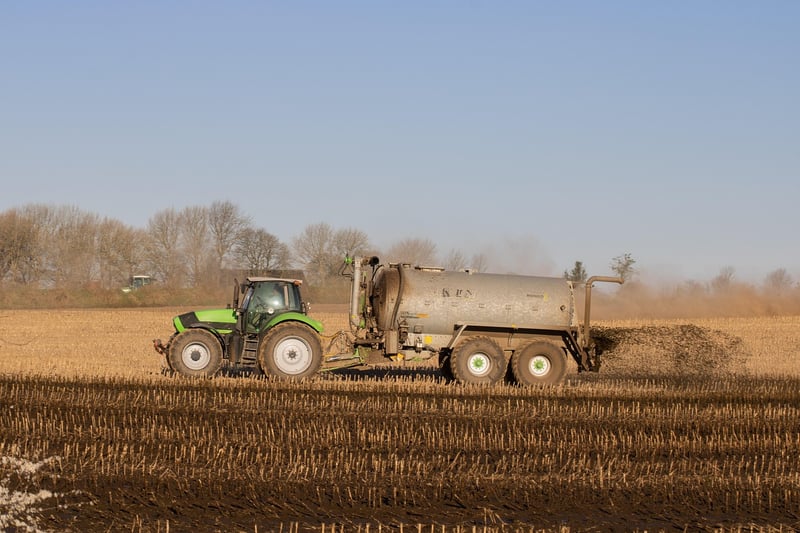Fertilizing Advice
Nurturing Plants: Essential Tips for Healthy Growth
The Importance of Proper Plant Care
Plants, like any living organism, require specific care to thrive. By providing the right conditions and attention, you can ensure your plants grow healthily and beautifully. Here are some essential tips for nurturing your plants:
1. Watering
Water is essential for plant growth, but overwatering can be harmful. Ensure your plants are getting the right amount of water by checking the soil moisture regularly. Different plants have different watering needs, so research your plant species for specific guidelines.
2. Light
Plants need light for photosynthesis, the process by which they make their food. Ensure your plants are placed in areas with adequate sunlight according to their specific light requirements. If natural light is limited, consider using artificial grow lights.
3. Temperature and Humidity
Plants have varying temperature and humidity preferences. Make sure to place your plants in environments with the right temperature range and humidity levels. Avoid exposing them to extreme conditions that can stress or damage the plants.
4. Soil and Drainage
Choosing the right type of soil and ensuring proper drainage is crucial for plant health. Use well-draining soil mixes suitable for your plant species to prevent waterlogging, which can lead to root rot.
Fertilizing Advice
In addition to proper care, plants may require fertilization to provide essential nutrients for growth. Here are some tips on fertilizing your plants:
1. Types of Fertilizers
There are different types of fertilizers available, including organic and synthetic options. Organic fertilizers are derived from natural sources and release nutrients slowly, while synthetic fertilizers provide a quick nutrient boost.
2. Application Frequency
Follow the instructions on the fertilizer package for the correct application frequency. Over-fertilizing can harm plants, so it's crucial to apply the right amount at the appropriate intervals.
3. Timing
Fertilize your plants during their active growth periods, typically in spring and summer. Avoid fertilizing during dormant seasons, as plants require fewer nutrients during these times.
4. Nutrient Balance
Ensure a balanced nutrient mix for your plants by choosing fertilizers with the right ratios of nitrogen (N), phosphorus (P), and potassium (K). Different plants may have varying nutrient requirements, so tailor your fertilizer choice accordingly.

With proper nurturing and fertilizing, you can help your plants thrive and flourish, adding beauty and greenery to your indoor or outdoor space.
